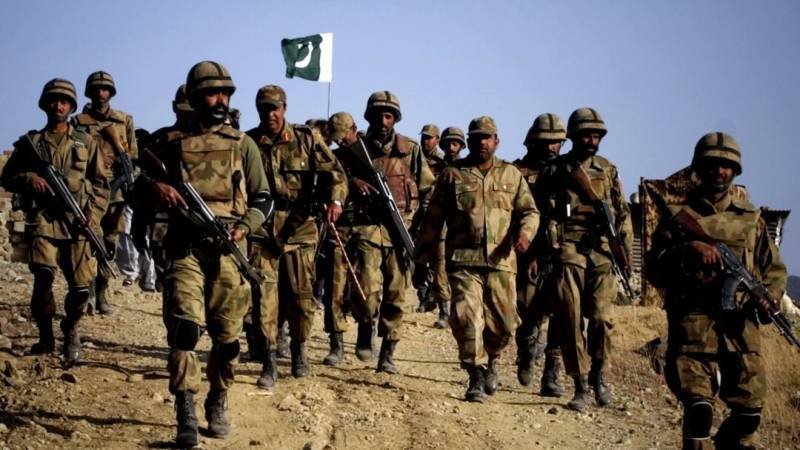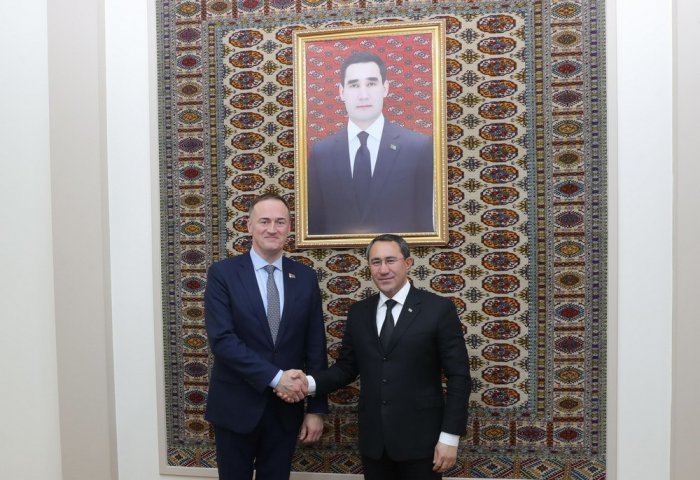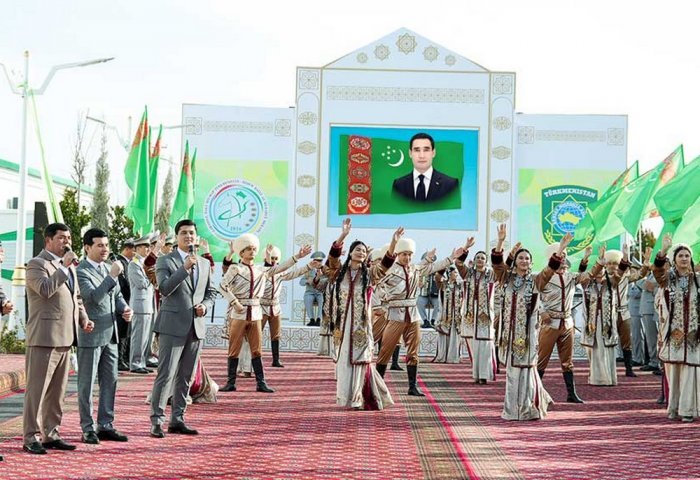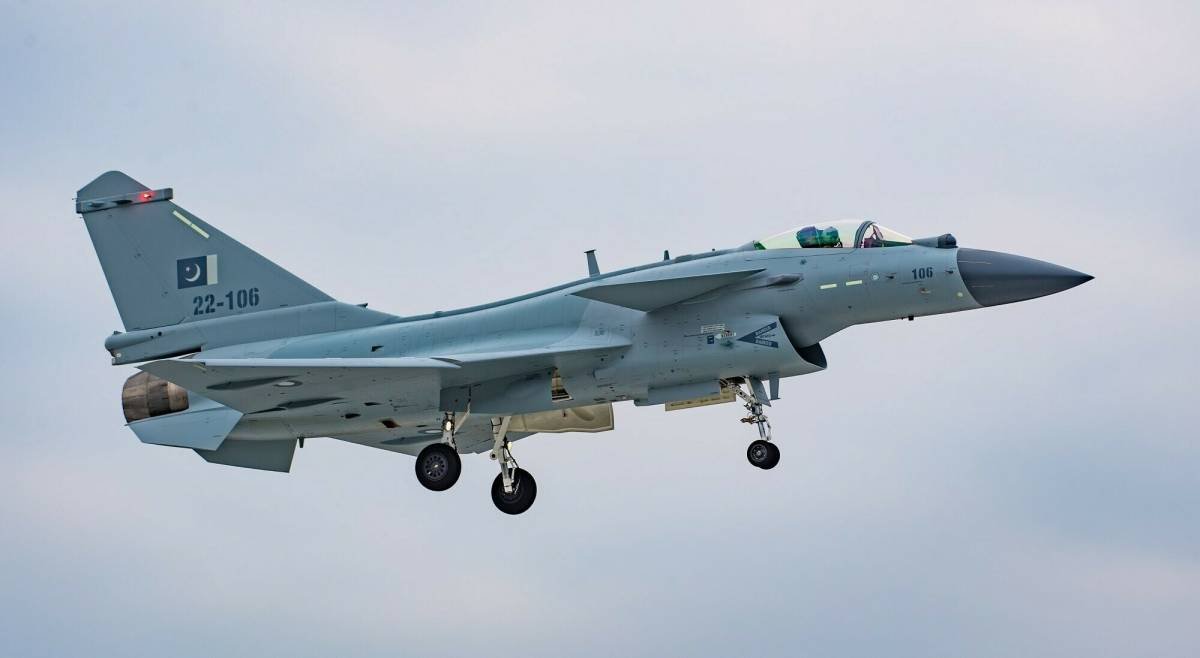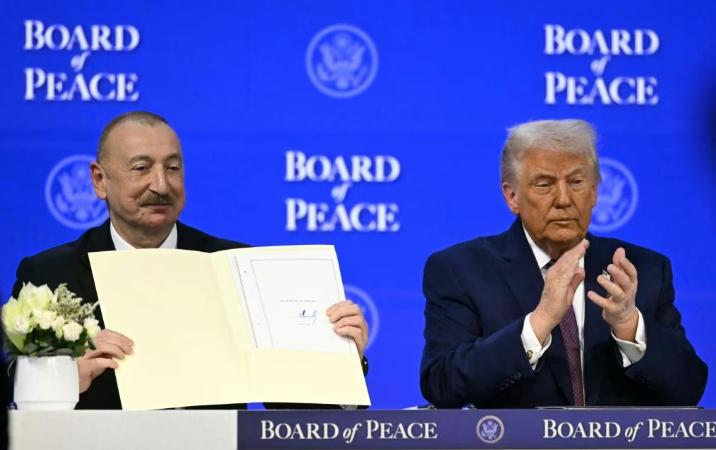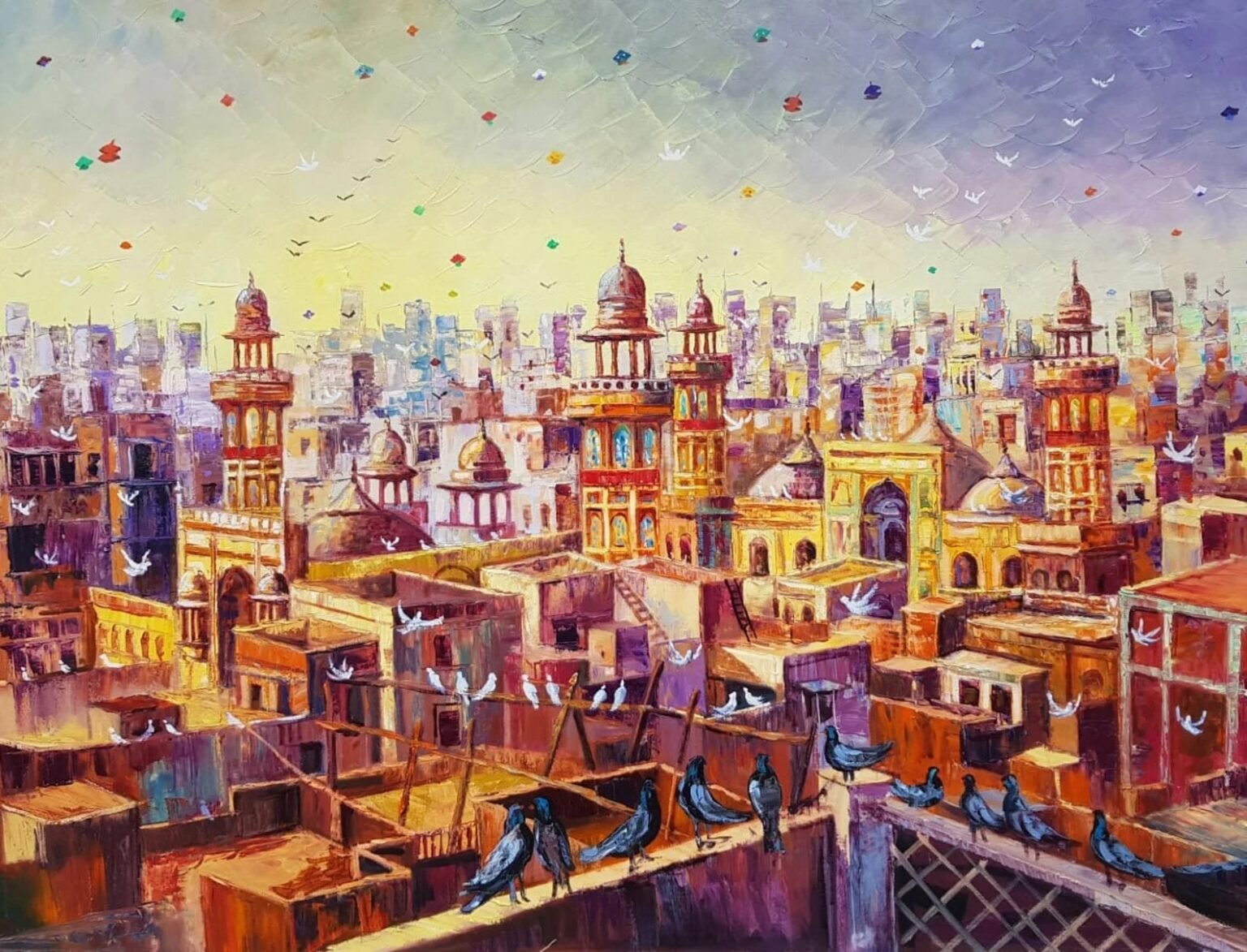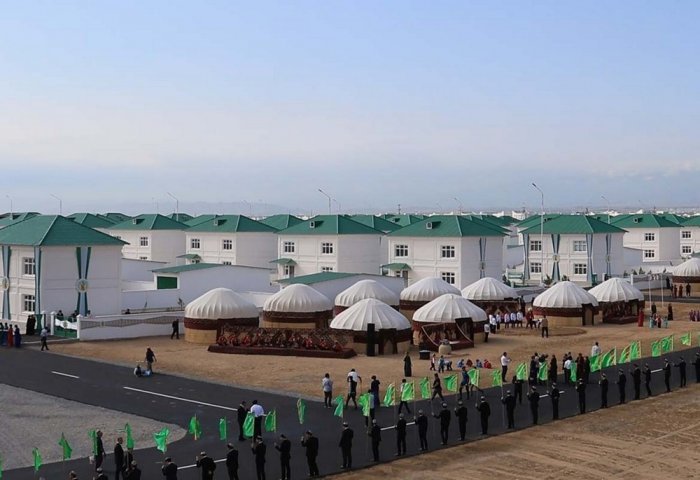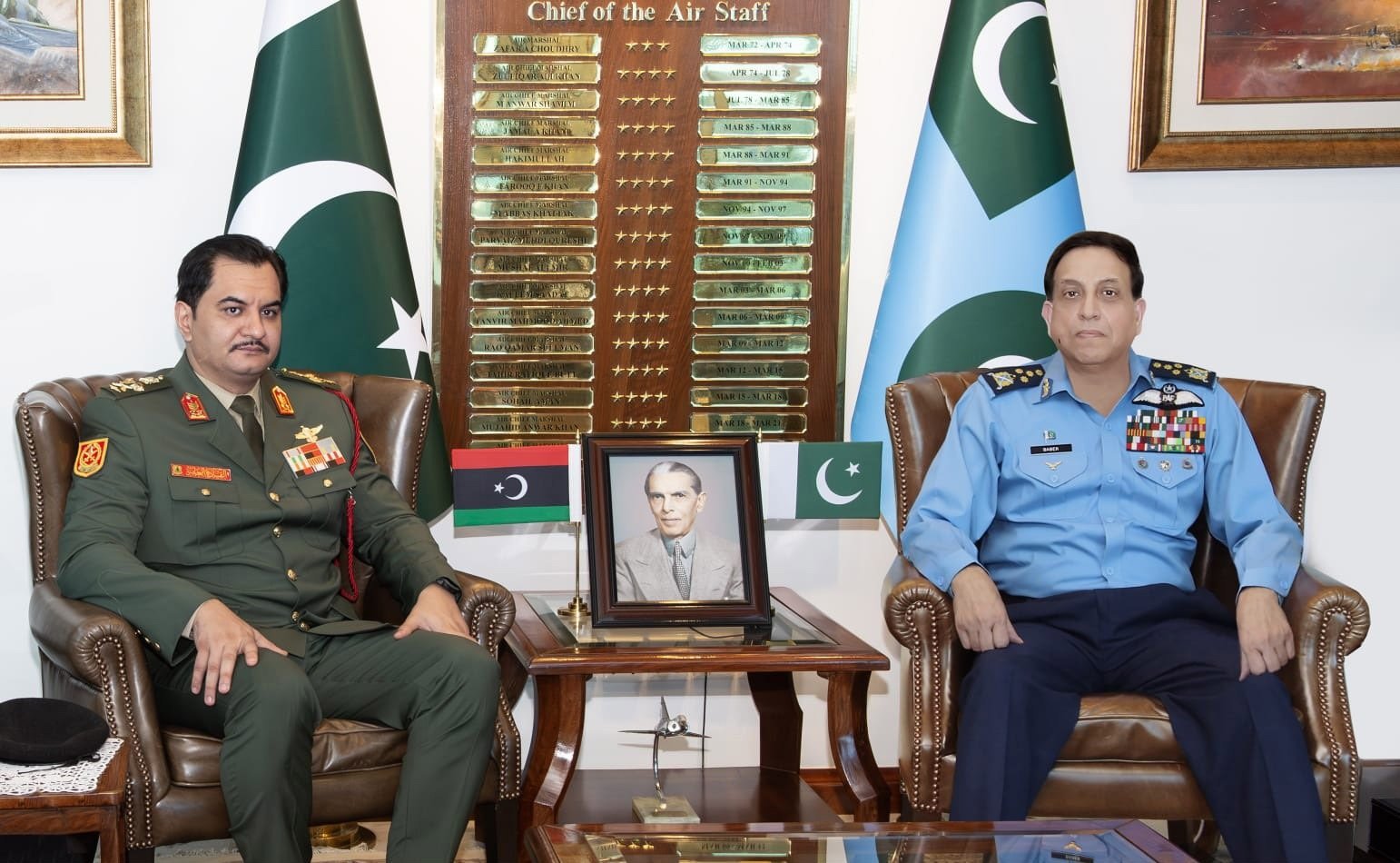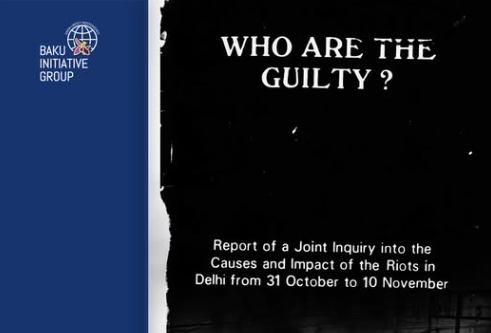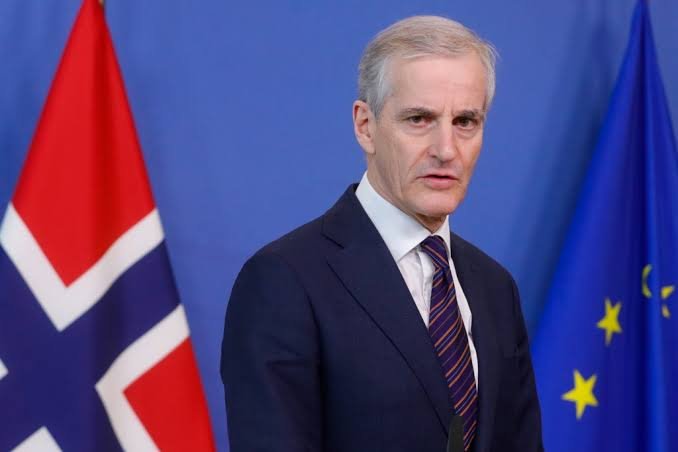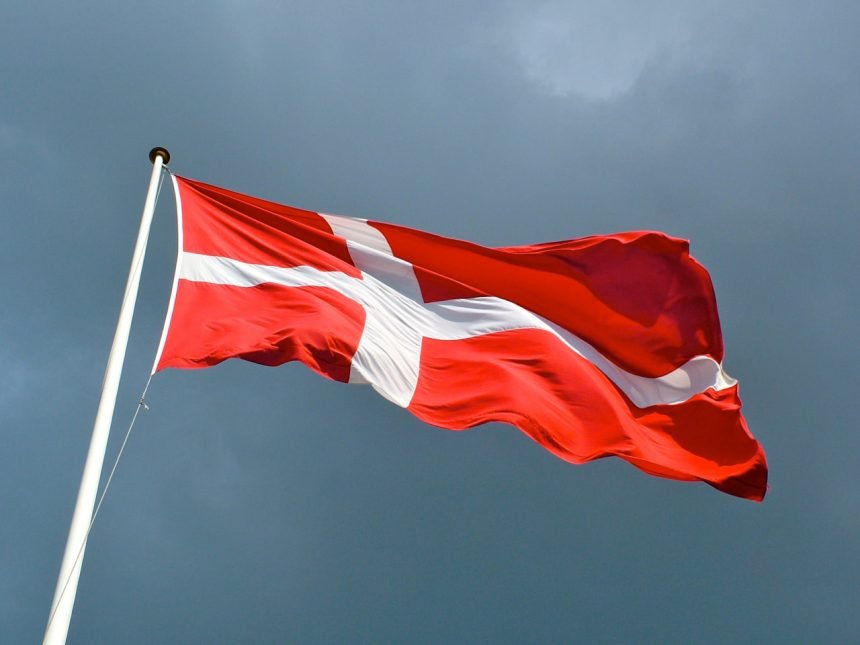Magtymguly Pyragy played a pivotal role in elevating the status of Turkic languages by introducing the classical Chagatai as a literary language. By infusing his works with Turkmen linguistic features, Magtymguly not only crafted a distinct literary style but also contributed to the preservation and promotion of the Turkmen language.
Qoshuk Poetry
One of Magtymguly’s notable contributions to Turkmen poetry is his adept use of the qoshuk form. This traditional form of poetry, characterized by quatrains with eight or eleven syllables per line, aligned seamlessly with Turkmen folk songs and musical traditions. The rhyming scheme, ABCB for the first stanza and CCCB, DDDB, etc., made Magtymguly’s poems adaptable to various musical forms, facilitating their integration into the repertoire of bakhshis, traditional singers.
Magtymguly’s journey into the realm of poetry began with a remarkable incident during his childhood. Left behind by his parents who attended a wedding, Magtymguly experienced a profound revelation while asleep. The incident led to his first poem, titled “By night when I was asleep… Revelation.” This early encounter with poetry set the stage for a lifetime of creative expression.
An Analysis of Poetry
In another captivating episode, Magtymguly recounted a dream in which the renowned Persian poet Omar Khayyam bestowed upon him the gift of poetic invention. Such mystical experiences further enriched the spiritual and imaginative dimensions of Magtymguly’s poetry.
Magtymguly’s poetry transcends the personal, addressing universal themes that resonate with the human experience. His work encompasses elegies mourning the deaths of his father and children, as well as the disappearance of his brothers. The verses also reflect his commitment to Turkmen unity, critique unjust mullahs and khans, and praise religious figures, notably the Twelve Imams. Additionally, Magtymguly’s poetic expressions convey the deep emotions of losing a beloved to another, adding a touch of romanticism to his repertoire.
Here is a translation of a poem of Magtymguly:
Between the Amu-Darya and the Caspian sea,
The wind of the Turkmen expands from the desert.
The bud of a flower- the blackness of my eye
From the dark mountains comes the flood of Turkmen.
The Almighty blessed this land. His shadow is present.
A sandstorm in its desert, a white camel,
Color upon color of blooming flowers on the green plains,
The Turkmen desert has drowned into basil.
Its beautiful woman will come out covered in green,
The smell of Amber will spread,
Bey, Honor, the White-bearded (elder) is the owner of the yurt,
The beautiful land of the Turkmen catches the colt.
He is the son of a brave man, his father is valiant,
Görogly is his brother, drunk is his head,
If the hunters chase him in the mountains and valleys,
The lion son of Turkmen cannot be caught alive
Hearts, souls and will unite as one,
If it draws deep, the lands and rocks will melt
If the food is ready on one dinner table
It will raise the fate of the Turkmen
His soul will fly when on horseback,
The mountains will turn to lava upon his glance,
When the river flows, it brings honey,
The dams will not hold the flood of Turkmen.
He will not despair, and will not lose on the battle day,
He will not be swayed by curses or the evil,
Will not separate from its nightingale and fade,
The Turkmen rose will forever blossom.
The clans are brothers, and the tribes are friends,
Their fates are tied, by the light of God
When the brave get on horses, it’s for the battle,
The paths of the Turkmen lead to its enemies.
He will come out like drunk (fervent, mad), will not despair,
He will move mountains, his path will not be blocked,
My eyes will not gaze away, and the soul will not muse,
Magtymguly speaks the language of the Turkmen.
Magtymguly’s in this poem, set against the backdrop of the vast Turkmen landscape between the Amu-Darya and the Caspian Sea, unfolds a philosophical tapestry that interweaves nature, identity, resilience, and the indomitable spirit of the Turkmen people. Through an exploration of the verses, several key philosophical themes emerge.
Magtymguly begins by invoking the natural elements – the wind, the mountains, and the rivers – to depict the expansive reach of the Turkmen people. The juxtaposition of the desert wind and the blooming flowers on green plains reflects the duality of the Turkmen existence, suggesting an intimate connection with the cycles of nature. This theme aligns with a broader philosophical perspective emphasizing the interconnectedness between humans and the natural world.
The poet introduces a sense of divine blessing and omnipresence, symbolized by the Almighty’s shadow over the land. This divine element imbues the Turkmen landscape with spiritual significance, elevating the ordinary to the extraordinary. The presence of the divine echoes a philosophical thread that explores the intertwining of faith, land, and the collective consciousness of a people.
Magtymguly employs vivid symbolism to represent the Turkmen people – the blackness of the eye, the beauty of Turkmen women, and the indomitable spirit of the Turkmen warrior. These symbols collectively reflect the multifaceted nature of the Turkmen identity, transcending mere physical existence to encompass cultural richness, strength, and resilience. The blackness of the poet’s eye becomes a metaphor for the observer, capturing the essence of the Turkmen soul.
The poem emphasizes the unity of Turkmen clans and tribes, suggesting a shared destiny guided by the light of God. This theme underlines a philosophical concept of collective strength, where individual identity merges into a cohesive whole. The resilience and determination of the Turkmen people in the face of challenges become a testament to their unwavering commitment to preserving their way of life.
Magtymguly speaks of a destiny that cannot be altered, a fate bound by the unity of hearts, souls, and will. This fatalistic undertone is counterbalanced by the determination of the Turkmen people to face challenges head-on, unyielding in the face of adversity. The poet envisions a future where the Turkmen rose, symbolizing cultural and national identity, continues to blossom despite the trials encountered.
The concluding lines emphasize the significance of language as a vessel of identity. Magtymguly asserts that he speaks the language of the Turkmen, underscoring the profound connection between language and cultural heritage. In doing so, the poet articulates the idea that language is not merely a means of communication but a repository of collective memory and identity.
In essence, Magtymguly’s poem transcends the confines of a mere descriptive composition. It serves as a philosophical reflection on the symbiotic relationship between the Turkmen people, their environment, and their shared cultural and spiritual heritage. Through rich symbolism and vivid imagery, the poet invites contemplation on the enduring themes of nature, identity, unity, and the inexorable march of destiny.
Conclusion
Magtymguly’s role as the founder of Turkmen poetry, literature, and language is monumental in shaping the cultural identity of the Turkmen people. His innovative use of language, mastery of the qoshuk form, and exploration of personal and universal themes have left an indelible mark on Central Asian literature. As Magtymguly’s poems continue to resonate, they serve as a testament to the enduring power of language and art in preserving cultural heritage.

Malik M. Shafiq is the Director of “The Europe Today”. An expert on Current Affairs and History.
Director, The Europe Today


